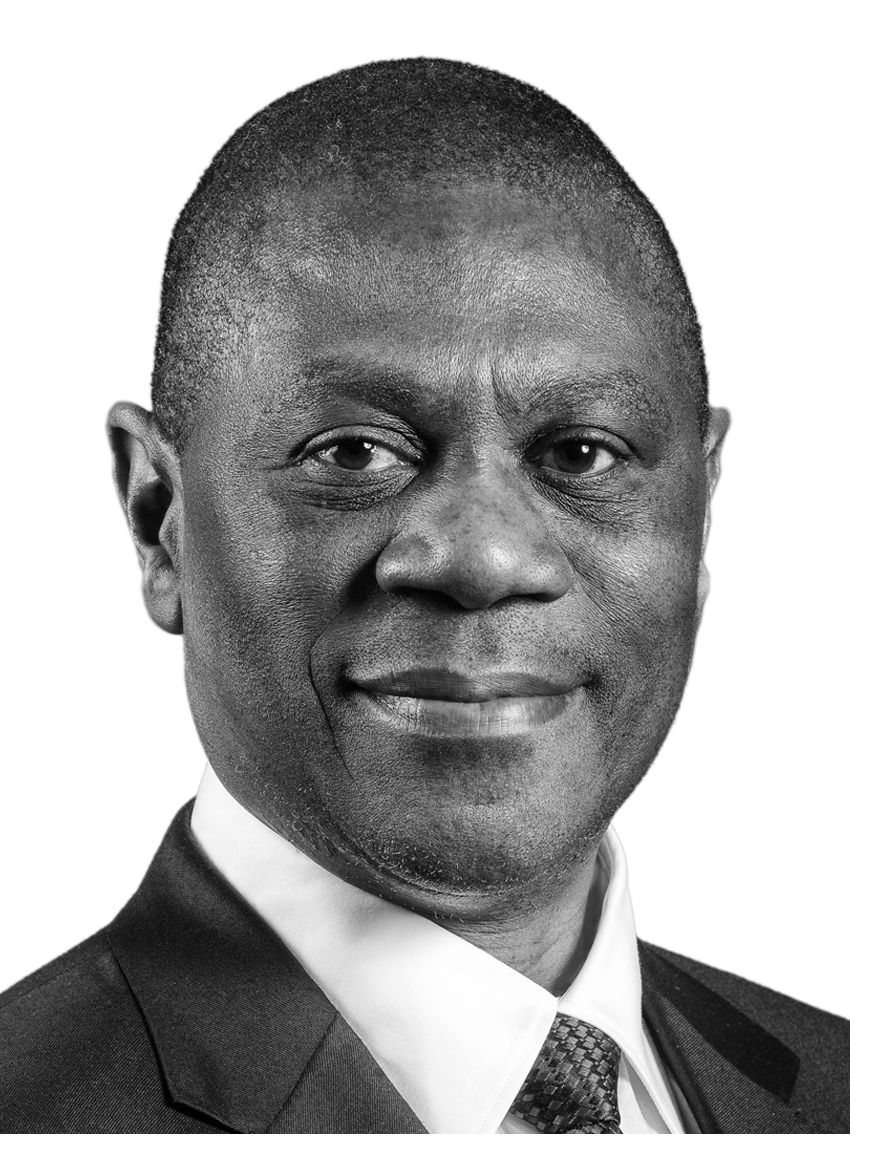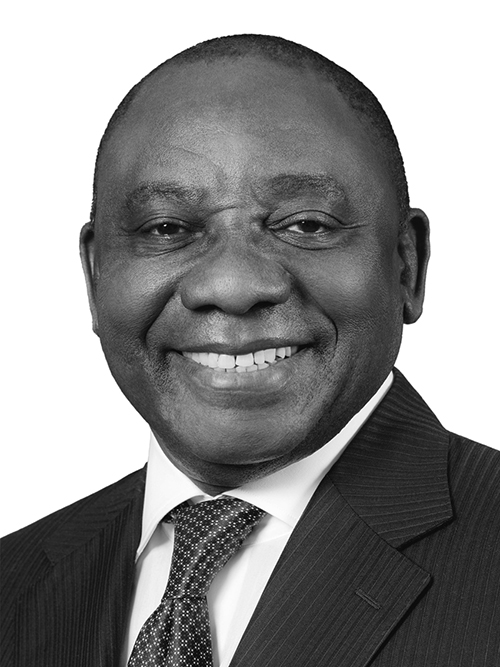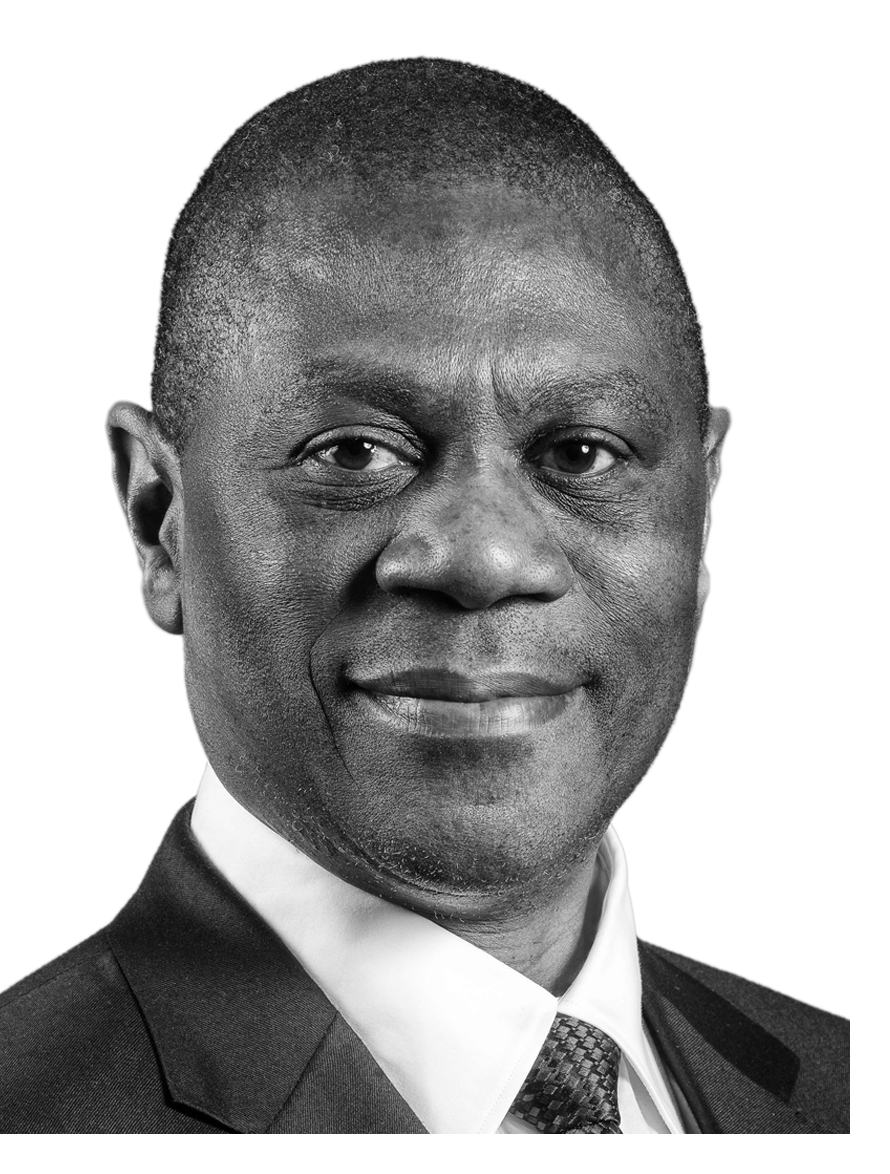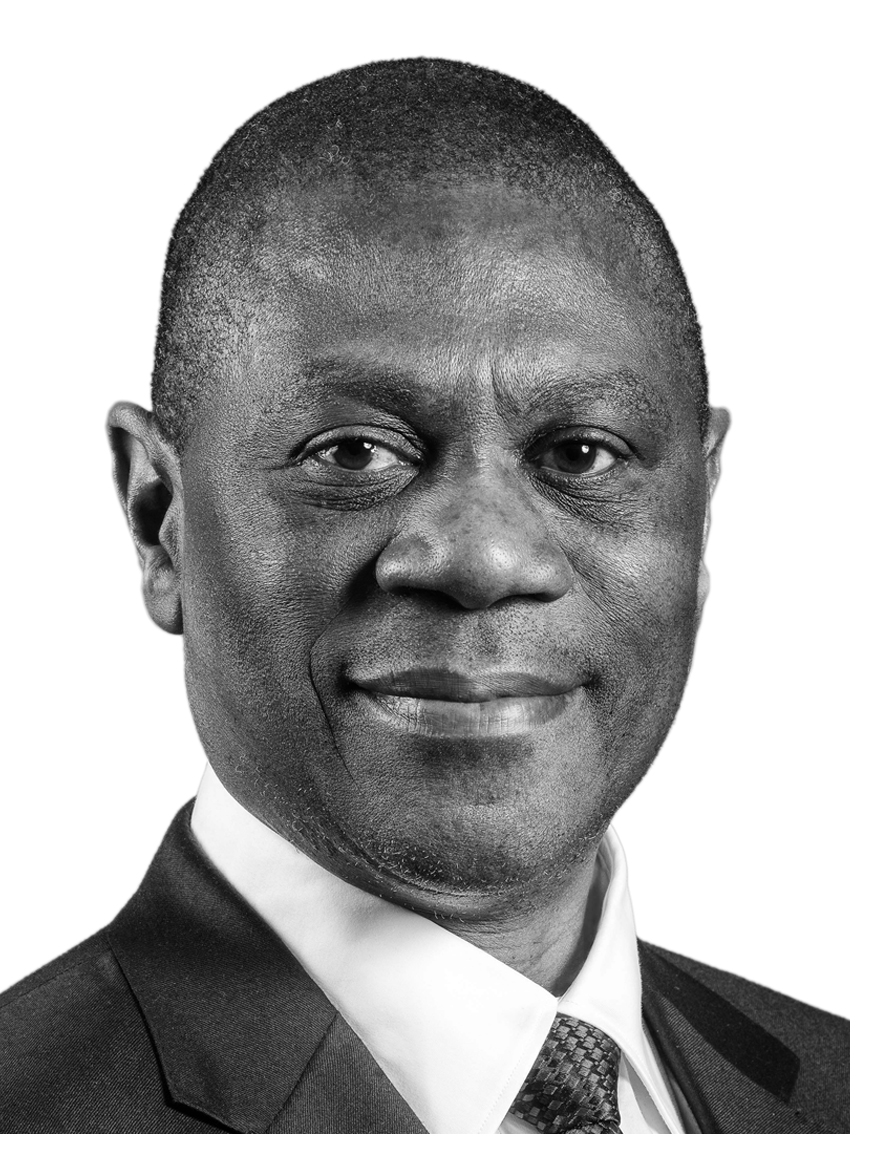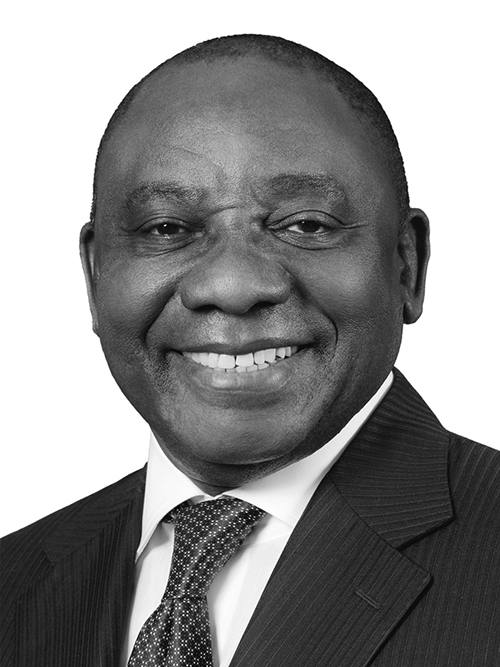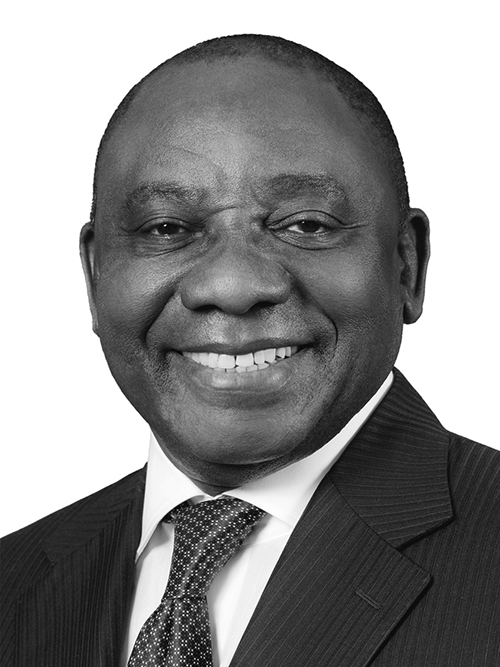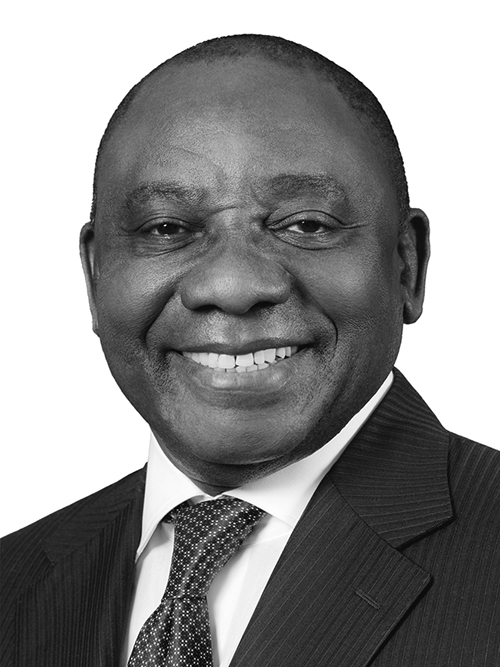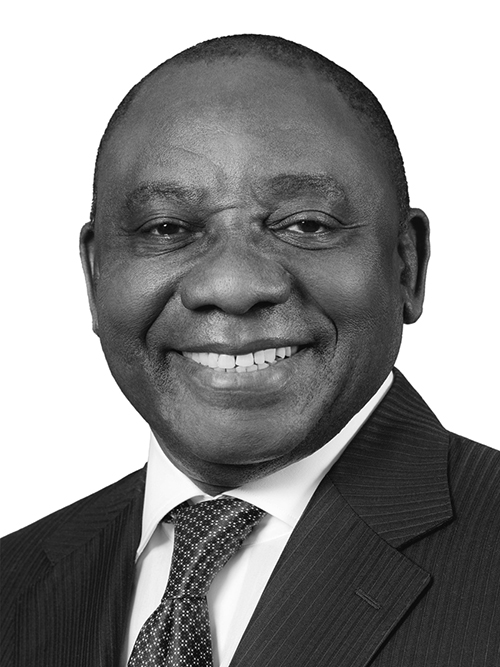On Expanding public-private partnerships/investment
Honourable Chairperson,
Please allow me to begin by observing that today marks the beginning of the 16 Days of Activism for No Violence Against Women and Children Campaign, which will take place between 25 November and 10 December 2025.
This is a global campaign aimed at addressing all forms of violence against women and girls around the world. In South Africa, the Minister in the Presidency for Women, Youth and Persons with Disabilities, Ms. Sindisiwe Chikunga, will officially launch the campaign in Gauteng today, under the theme “Letsema”.
This is a call to men, women, boys, girls, organised formations and the media to collaborate in ending Gender-Based Violence and Femicide (GBVF), emphasising a shared societal responsibility.
As President Cyril Ramaphosa has declared, GBVF is a national crisis that requires us to mobilise all resources and invest our energies to win this war. As a country, we refuse to accept that GBVF as normal. To fight GBVF effectively, we need to continually raise awareness, improve coordination and mobilise resources among our institutions. All of us must be activists against GBV starting in our homes, communities, work and in leadership roles. We must declare that this scourge will not persist under our watch.
Honourable Chairperson,
Let me thank Hon Mmoeimang for this crucial question. Indeed, many of our municipalities are grappling with challenges related to the provision of water and sanitation due to a combination of factors, and these include poor governance, lack of technical and administrative capacity, inadequate infrastructure investment, poor maintenance, and financial mismanagement.
The Department of Water and Sanitation reports that there has been a severe decline in the capacity of many municipalities to deliver water services to communities. This has resulted in a decline in the national average for reliability to 68% and deteriorating water quality in about 60% of water supply systems.
I must highlight that government is taking decisive steps to resolve the systemic issues that continue to hinder reliable provision of water and sanitation services to local communities. Through the Water Task Team, we are tackling water security challenges by improving infrastructure, reforming institutions, and expediting project implementation in a coordinated approach.
The Water and Sanitation Indaba held in March 2025 proposed key interventions aimed at addressing the challenge of water provision and continuous disintegration of critical water infrastructure. Among others, key recommendations included increased investment through financing options and ensuring the financial viability of the sector.
In addition, the Department of Water and Sanitation (DWS) has established a Water Partnership Office (WPO) housed at the Development Bank of Southern Africa (DBSA) to help municipalities prepare projects for private sector investment.
Through this office the DWS is already implementing several Public-Private Partnerships such as the Olifants River Management Model Programme.
This programme has been introduced to address the bulk water needs, particularly within the Limpopo Province to facilitate economic development and the delivery of bulk raw water to municipalities. This model is based on a 50:50 Public-Private Partnership where 50% of the cost of the project is contributed by the mining companies and 50% is funded by government through water infrastructure grants and from the Budget Facility for Infrastructure.
Furthermore, DWS, Water Boards and Water Service Authorities are working to increase collaboration with the Infrastructure Fund to put in place more Blended Finance Water Projects, over the next three years.
In conclusion, Government is aware of and is responding to corruption and criminality associated with water tanker operations. In this regard, National Treasury has issued a circular cautioning municipalities against long-term reliance on water tankers, which can only be used as temporary emergency measures.
As government we call for increased community participation in protecting critical infrastructure. We also urge communities to report suspicious activities and embrace the culture of whistleblowing to expose criminal networks and corruption within the water sector.
Thank you, Honourable Chairperson.
On Legislative initiatives
Honourable Chairperson,
The question raised by Honourable Boshoff is significant, as it affords us an opportunity to clarify the role of the Leader of Government Business in the introduction of legislative proposals by the Executive, and the processing of draft legislation by Parliament.
As such the seventh administration is guided by a clear legislative and policy agenda, deeply rooted in the Medium-Term Development Plan (MTDP) 2024–2029. This plan is not just a five-year strategy; it serves as the final, accelerated implementation phase of the National Development Plan (NDP) 2030, with a focus on addressing the nation's core challenges: poverty, inequality, and unemployment.
Equally, the legislative programme is strategically structured around three main priorities of the Government of National Unity, which are driving inclusive growth and job creation; reducing poverty and tackle the high cost of living and building a capable, ethical, and a developmental state. Therefore, Bills and policy reforms are designed to deliver these outcomes across governance, the economy, and social welfare.
Having said that, Honourable Chairperson, Section 85(2)(d) of the Constitution of the Republic of South Africa, 1996, specifies that the President exercises national executive authority, along with other members of Cabinet, by preparing and initiating legislation.
In this regard, the Leader of Government Business is responsible for the development of the Legislative Programme of the Executive and further monitors its implementation by Parliament.
Furthermore, Rules 272 and 273 of the National Assembly outline procedures for the preparation of draft Bills initiated by National Assembly members in their individual capacity, and the submission of legislative proposals for the introduction of Bills initiated by National Assembly Committees.
Honourable Chairperson,
While the Leader of Government Business is responsible for the programming of Parliamentary business initiated by the National Executive. In terms of the Joint Rules of Parliament, the Leader of Government Business does not have control over the introduction and processing of Bills initiated by MP’s as Private Members Bills or those introduced by National Assembly committees.
However, we will support legislative proposals initiated by MP’s as Private Members Bills or National Committees Bills, provided they align with the priorities of the Government of National Unity and are subject to adequate consultation and consensus.
I thank you Honourable Chairperson.
Water crisis in rural/township communities
Honourable Chairperson,
Let me thank Honourable Makesini for insuring that we keep addressing this important issue that has to do with water. Indeed, many of our rural municipalities are dependent on conditional grant funding to provide basic services to poor households.
However, through the Municipal Infrastructure Grant (MIG) which is the largest conditional grant government provides approximately 54% (R9,5 billion per annum) of the annual grant allocation to implement water services infrastructure projects especially in the rural part of our country. The MIG is implemented by 217 municipalities which includes 127 Water Services Authorities (WSAs) as indicated above this intervention is mainl in rural areas of our country.
To this end, on 1st August 2025, together with the Minister of Water and Sanitation, and the Premier of North-West Province, we had an opportunity to hand over the 25ml Moretele South Bulk Water Supply Reservoir in Dilopye, Moretele Local Municipality.
This project is part of an integrated service delivery outreach program, aimed at improving water supply reliability for communities in villages around the Moretele Local Municipality in the North-West Province. To implement these and other similar projects, government has committed to spend over R940 billion on infrastructure over the next three years, with a portion specifically earmarked for water-related projects.
Honourable Chairperson,
Securing reliable bulk water supply and improving sanitation infrastructure is a critical focus area. This work includes Bulk Water Augmentation, as such, we are focusing on upgrading the Amatola Water Bulk Water Augmentation Programme that is currently underway. This project will ultimately benefit rural communities through improved water security and socio-economic development.
We are also investing generally in water and sanitation infrastructure restoration. Hence together with Tshwane Metropolitan Municipality, work is currently in progress to upgrade the Rooiwal Wastewater Treatment Works. This is an example of an extension project aimed at improving water and sanitation services.
However, for overall response to access quality water, the Trans-Caledon Tunnel Authority (TCTA) is making significant progress on the Lesotho Highlands Water Project (LHWP) Phase II, a major water transfer scheme essential for water security, which will benefit Gauteng, Free State, Mpumalanga, North-West, and the Northern Cape.
Government remains committed to improve the provision of reliable water supply especially to township and rural communities.
I thank you, Honourable Chairperson.
On Addressing systemic issues in policing/justice system
Honourable Chairperson,
Let me thank Honourable Nonkonyana for raising a matter that is troubling our communities.
Government, through the Cabinet Committee on Justice, Crime-prevention and Security (JCPS) as well as the National Security Council led by the President is implementing measures to address systemic weaknesses in policing, the justice system and the entire security cluster, that hinder the effective arrest, prosecution and conviction of perpetrators of gang violence. To this end, government is investing in an integrated, intelligence-driven approach.
This strategy will ensure that gangs, and criminal networks, are investigated, neutralised and dismantled. Furthermore, the South African Police Service is currently implementing the National Anti-Gang Strategy in the Western Cape, KwaZulu-Natal, Eastern Cape, and Gauteng to combat gangsterism. This strategy aims to dismantle criminal networks through methods like intelligence-led operations, proactive policing, and community engagement.
The roll-out includes expanding the scope of anti-gang units to cover crimes such as drug trafficking, shootings, and murders in these provinces. Gang-related crime is a key element of the SAPS Operation Shanyela which focuses on the immediate stabilisation of violent crime through weekly, intelligence-led high-density operations.
Operation Shanyela involves collaboration with various law enforcement agencies, key government departments, and civil society partners. This strategy seeks to address crime in the Top 30 plus 5 high crime contributing stations, recognising that these areas contribute significantly to the overall crime rate in the country.
In this regard, the National Crime Combatting Forum has directed provinces to develop and implement annual intervention plans and give reasons for non-achievement. These plans aim to eliminate immediate threats posed by crime and gangs in identified high-crime areas while fostering a safe and secure environment for long-term stability.
Honourable Chairperson
Accelerating the processing of court cases and strengthening the delivery of criminal justice are critical to restoring and sustaining public confidence in the justice system.
In this regard, the Department of Justice and Constitutional Development has established case flow management committees in all courts, which include representatives from the Department, the Judiciary, and the National Prosecuting Authority (NPA). These committees manage the progression of cases by setting goals, exchanging expertise, and coordinating efforts to ensure that cases are finalized efficiently.
The Department of Justice and Constitutional Development has also established the National Case Backlogs Committee, consisting of the members of the Judiciary, the NPA, Legal Aid South Africa, the Office of the Chief Justice, the SAPS, the Department for Correctional Services, the Legal Practice Council and officials from the Court Administration Branch of the Department. This Committee is tasked with addressing blockages, which result in delays, postponements and contribute to growing case backlogs in the courts.
The South African Police Service (SAPS) is finalising the Transnational Organised Crime strategy, which brings together the SAPS, the National Prosecuting Authority, Department of Home Affairs, Border Management Authority (BMA), the South African Revenue Services (SARS), and the Financial Intelligence Centre.
In conclusion, Government will continue to implement a combination of integrated strategic, operational, prosecutorial, and judicial measures to close systemic gaps that have long enabled gang leaders and other perpetrators to evade accountability.
I thank you, Honourable Chairperson.
Debt relief for municipalities
Honourable Chairperson,
Let me welcome this question by Honourable Van den Berg focusing on service delivery. As the Deputy President of RSA, one of my key responsibilities assigned by the President is to focus on improving service delivery and realising the District Development Model (DDM), which in essence, is a whole of government approach in improving service delivery and functionality of the government.
As such, together with COGTA, National Treasury and other critical Departments, I have been focusing on improving the functionality of municipalities as well as addressing community concerns. Together with the Ministers who serve in the Service Delivery Inter-Ministerial Committee, we have been advocating and implementing several measures to tackle the escalating municipal debt and service delivery failures, particularly in under-resourced municipalities like Sol Plaatje Local Municipality.
The National Treasury has introduced a Municipal Debt Relief Package for municipalities owing large sums of money to Eskom and Water Boards. This is because we are aware that as of June 2025, municipal debt to Water Boards stood at R25.1 billion.
Hence part of the plan, among others, is to Top-Slice Transfers. This would mean National Treasury would withhold Equitable Share transfers from non-compliant municipalities and redirect funds to settle debts with service providers. This is a corrective action intended to enforce financial accountability and ensure essential services continue to be provided by bulk suppliers like Water Boards and Eskom.
Through the Debt Relief Package, municipalities are encouraged to enter into structured payment agreements which include payment plans for historic debt and the ring-fencing of disputed amounts for resolution. Non-compliance may lead to cancellation of this allocated relief.
Honourable Chairperson,
Through Operation Vulindlela Phase II, Government has launched reforms to the Local Government Funding Model. This work includes the the review of the 1998 White Paper on Local Government to improve governance and financial sustainability of municipality.
Through the Metro Trading Services Programme (MTSP), we are targeting eight metros to improve financial and technical performance from July 2025.
Furthermore, through the Clean Cities and Towns Campaign as part of a “whole-of-government” approach, we are investing in improving service delivery as well as municipal accountability.
Infrastructure upgrades in Sol Plaatjie Local Municipality are being funded through a combination of national, provincial, and municipal resources, with a strong emphasis on conditional grants, capital injections, and oversight mechanisms to ensure accountability.
We are working with National Treasury and the Premier of the Northern Cape to fund and support infrastructure development at Sol Plaatjie Municipality. As such, National Treasury has allocated R2.5 billion, through the Budget Facility for Infrastructure (BFI), over seven years, to address water infrastructure. This investment includes refurbishment of bulk pipelines, upgrades to water treatment works, pressure management and leak detection.
Equally, Sol Plaatje Municipality has committed over R500 million for infrastructure upgrades in the 2025/2026 financial year. This is dedicated towards electrification of underserved areas, sewer pump station upgrades, road and reservoir improvements and redevelopment of public facilities like the RC Elliot Hall in Galeshewe, Kimberley.
National Treasury will continue to monitor municipalities to ensure responsible use of relief funds and prevention of wasteful expenditure.
I thank you Honourable Chairperson.
On Assessing land restitution projects
Honourable Chairperson
Let me thank Honourable Legwase for ensuring that we keep the Land question top on our agenda.
As Government we continue to assess progress regarding land restitution projects. This assists us in fast-tracking land reform and returning ancestral land to communities.
I am pleased to report that since 1996, Government has spent over R58 billion on land restitution, acquiring 4 million hectares of farmland for dispossessed communities.
With regards to Dawn Valley Farm which is (2,140 ha) and Ponderosa Farm (770 ha), these farms were purchased in 2008 for R12.8 million and R8 million, respectively.
I am aware that both farms are facing serious challenges of vandalised infrastructure and have not been well managed. Through Post Settlement Support Programmes, Government aims to provide support to all beneficiaries of land reform who choose land restoration over financial compensation, including Dawn Valley and Ponderosa Farms, to ensure that they are back to full operation.
In addition, Government is investing in the Professionalisation of CPAs, Training and mentorship for beneficiaries and partnerships with experienced farmers or agri-businesses. Professionalising Communal Property Associations (CPAs) is essential to ensure that restituted land is productively managed, commercially viable, and beneficial to communities.
As part of the implementation of the new Communal Property Associations Amendment Act of 2024, Government, civil society, and advisory bodies are implementing key strategies to strengthen CPA’s governance and functionality, primarily through institutional support, and multi-sectoral partnerships.
We are investing in supporting CPAs to ensure food security and agricultural revitalisation. The aim is to restore productivity on restituted farms; and support rural economies and job creation.
I thank you Honourable Chairperson.




